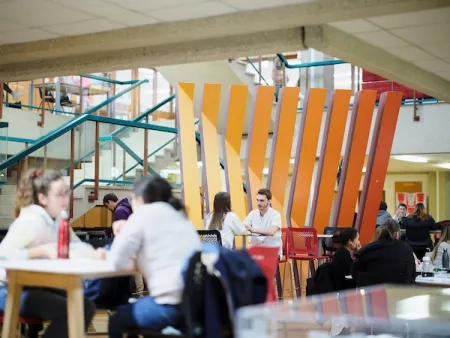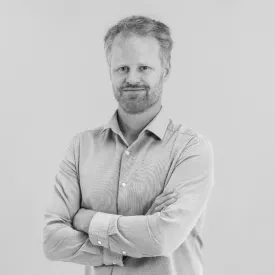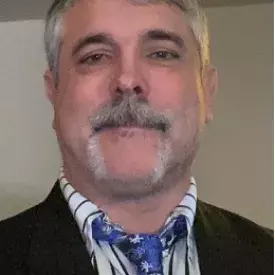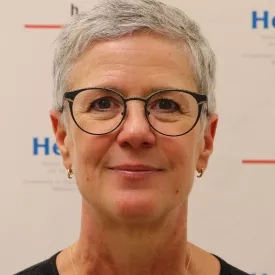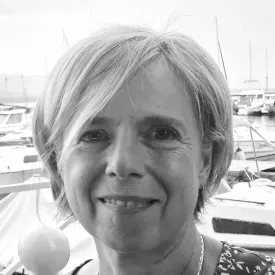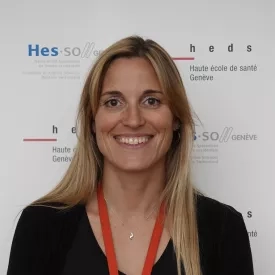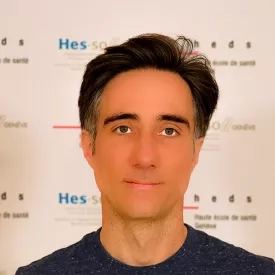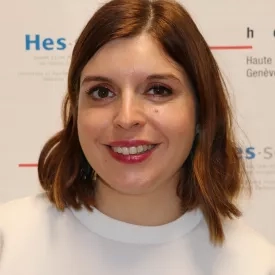Workplace-based practical training is an integral part of the alternating training model in the field of Health Sciences.
Supervised by clinical trainers, students are quickly introduced to patient care and exposed to a wide range of real-life situations.
The internship opportunities cover all areas of nursing practice.
The programme includes six practical training periods, with one placement per semester. Over the course of three, four, or five years of study, 40 weeks are dedicated to practical training.
For further details on this framework, please visit the HES-SO website.




